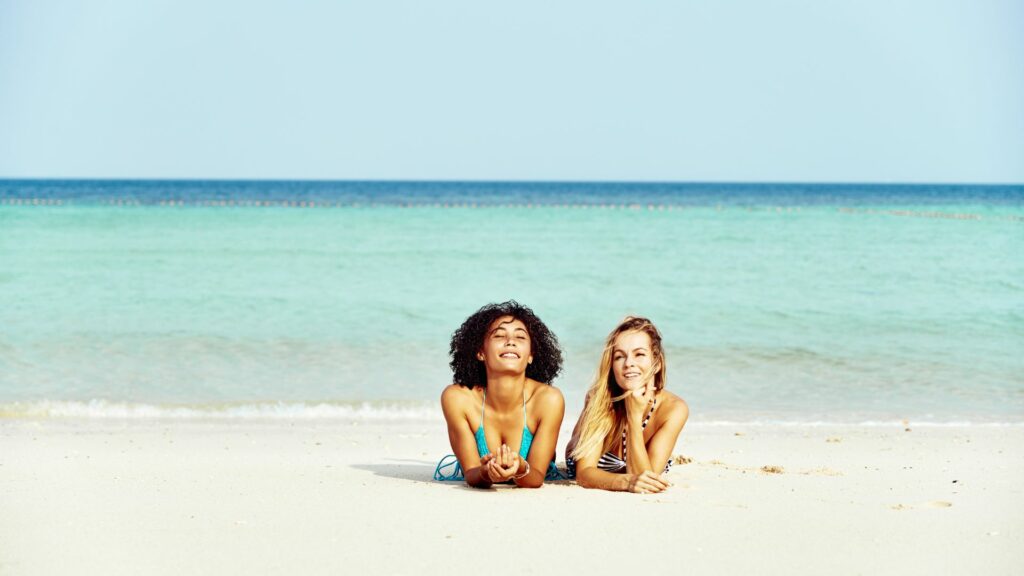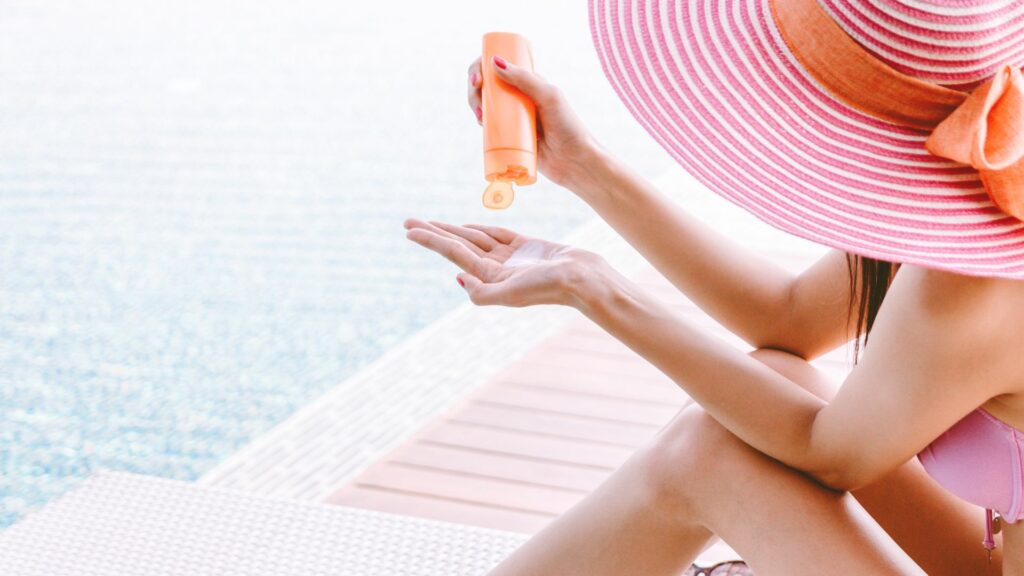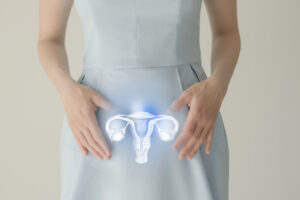Social media can be a beautiful place of empowerment, knowledge, community-building and sharing of experiences that help bring us closer together, but there are downsides. Access to information at our fingertips invites the potential of dangerous trends disguised as “health” or “wellness” advice.
One newer trend circulating the web is called “perineum sunning” and it comes with a set of dangerous potential complications, especially for those with HPV.
What is perineum sunning?
The perineum is a small area of thin skin between the anus and the vulva in females, and the anus and the scrotum in males. This thin patch of skin is highly sensitive and delicate to the sun, with many blood vessels and nerves that provide both nutrition and sensation to the genitals.
Because this skin is so incredibly delicate, it is fairly controversial to expose it to the sun (especially without sunscreen), even for just short periods of time.
So, why are people doing it?
The trend of exposing the perineum to direct sunlight was popularized by influencers and even some celebrities online, and is said to be derived from a taoist practice. These influencers claim that by exposing such a delicate area of skin to UV light, you can give your body an intense dose of natural vitamin D, which in turn gives you a massive energy boost – “better than coffee.” They have also mentioned that from a traditional Chinese medicine perspective, perineum sunning can stop “qi” (life force energy) from leaving the body, helping us to store this energy in the body instead.

Is there any research to support these claims?
Absolutely none.
Our bodies do create vitamin D from the sun which is necessary for supporting the entire body and its many complexities. But we can (and do) get this exposure without stripping down and exposing our backsides to the sunlight. In fact, just 15 minutes in the sun (without sunscreen) gives us a boost of vitamin D. We can also safely get these doses or “boosts” of the essential vitamin through safe and effective supplementation at the recommendation of your doctor.
The energy boost that these influencers claim comes from perineum sunning will come from just regular sunlight exposure, regardless of the location on your body. There is no evidence to support perineum sunning has any health benefits. There is evidence, however, that it comes with a host of dangerous potential risks – especially for those with HPV, which we discuss below.
At Papillex®, we believe in using health and wellness with an evidence-based lens which focuses on safety, research and ancient practices. With that being said, this trend is not something we recommend.
Perineum sunning and HPV: What’s the connection?
In addition to the potential for a painful and unsightly sunburn, skin cancer is among the greatest risks of tanning the perineum, even for just a short period of time. In fact, according to dermatologist, Angelo Landriscina, MD., “it compounds on the skin cancer risks presented by Human Papillomavirus (HPV) infection.
HPV is a significant risk factor for squamous cell carcinoma (SCC) in the genital region. Combining the presence of HPV with sun exposure to the genital area, specifically the perineum, greatly increases your risk for the development of SCC – which also tend to be more aggressive when in the anogenital region, compared with elsewhere on the body. This is because SCC in this region has a greater chance of metastasis (or spread) which means that they can move to other organ systems, leading to potentially more serious complications and even death.

What can we do instead?
If you’re looking for lifestyle changes you can implement for better energy, sleep, mood and creativity – look no further then the following evidence-based lifestyle practices that have worked for years:
Meditation and breathing exercises
Yoga, pilates and stretching
Regular exercise
Walking in sunlight
Grounding (barefeet in the grass or sand)
Supplemental vitamin D and B vitamins
Avoid excessive caffeine, especially in the afternoon
Eat lighter meals later in the day
Opt for higher protein and fibre-rich foods
Herbal remedies like rhodiola or ginseng
Rest
To conclude:
Exposing your derriere to UV light carries potential risks that significantly outweigh any benefits reported by influencers with no scientific background. For the sake of your health, choose sure-fire lifestyle practices like the ones listed above, instead.
And if you really still wanna try it, please use plenty of SPF.





